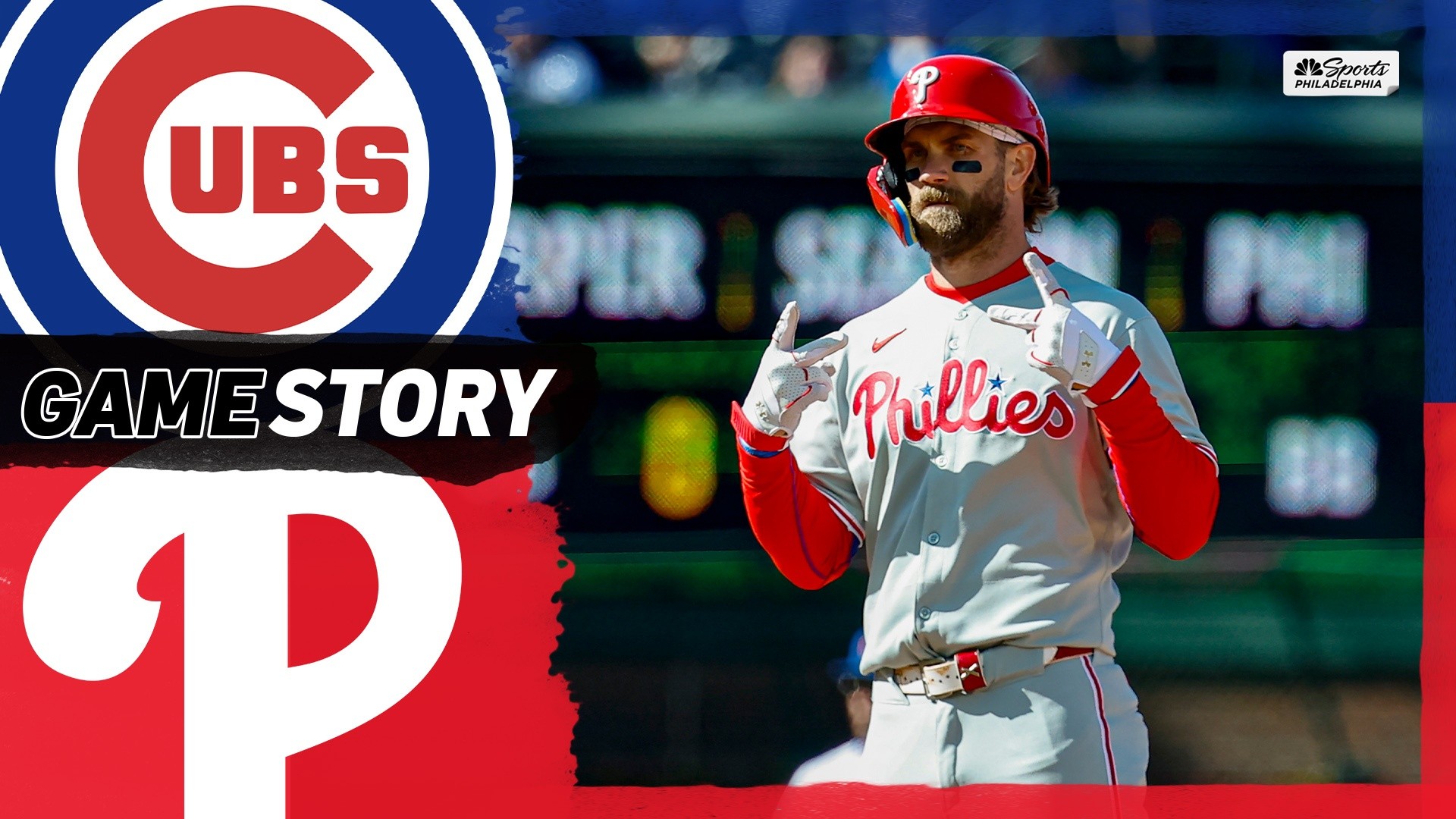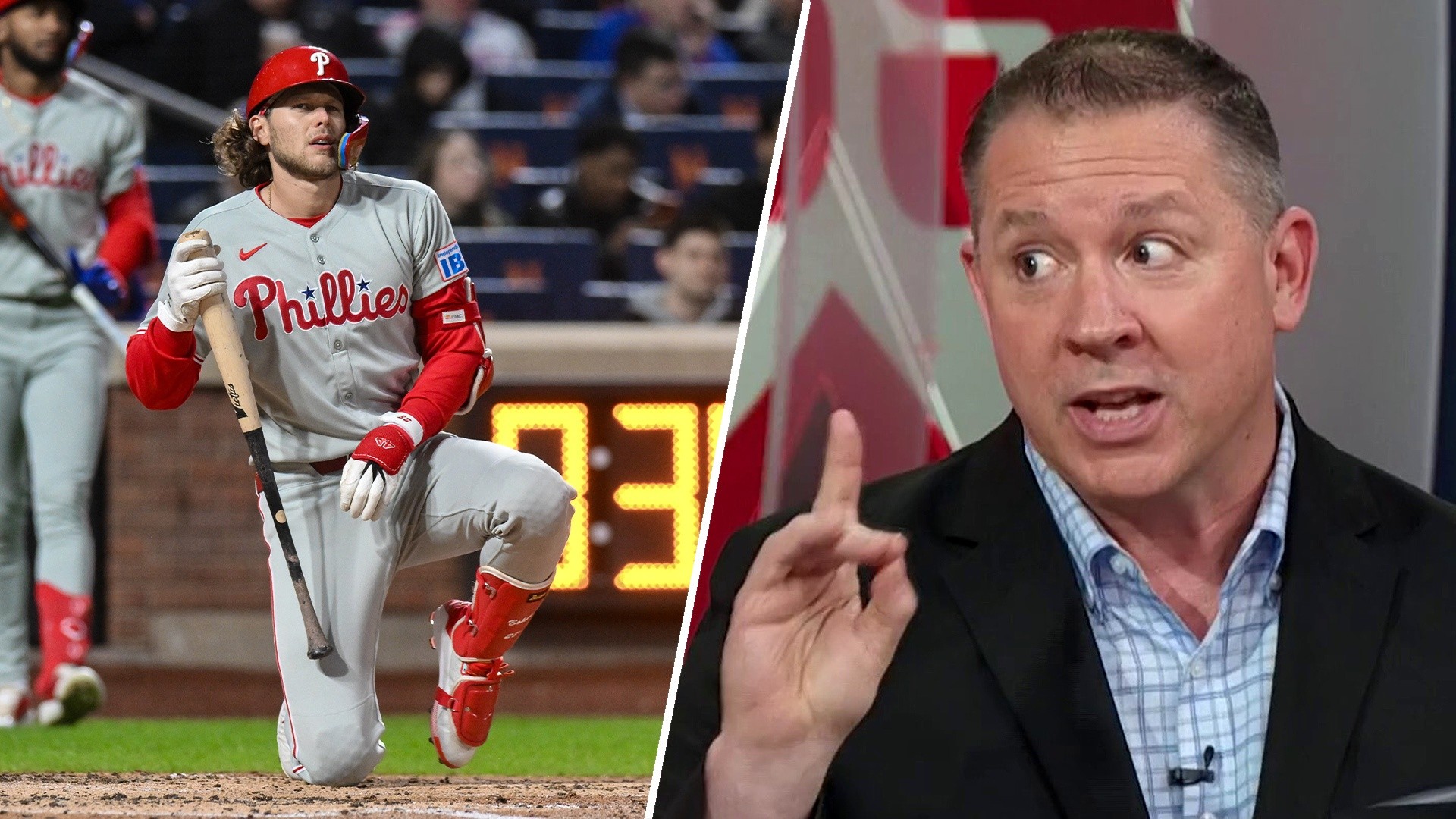Baseball is back.
It did not go (completely) down the road to destruction, after all.
Surely, the financial squabble between the owners and the players was a major turn-off to some folks, especially as the country is going through a health crisis, but those who stick around for this 60-game season might end up with some pretty good nightly entertainment on their television screens.
The baseball season has long been described as a marathon.
This one will be a sprint.
Players can't afford to pace themselves and ease into the season. There's no banking on a big second half, no gearing up for the stretch drive. From the moment the first pitch is delivered a month from now, teams will be in the stretch drive.
(Base)balls to the wall.
MLB
It will be a major change for a sport that languidly weaves its way through the spring and summer, up one month, down the next, with the strongest, sharpest, healthiest, most focused and talented teams living to breathe the cool, exciting air of an October playoff tournament.
The needle needs to be pinned from Day 1 because, as old friend Jeff Francoeur recently told us, "Someone throws up a 10-20, they're not coming back from that."
All of this urgency should create excitement for players and fans. But what impact will a short season have on games? Which teams will benefit most from a short season? Which teams will be hurt?
As always, talent will reign supreme. The teams with the best players stand the best chance to be successful. But those talented players must still play well. A short season will bring some randomness into the equation. There's no hiding in a 162-game season. It exposes all of a team's weaknesses. But a flawed team can play over its weaknesses in a 60-game season. Someone can get hot and carry a club for a month before handing the baton off to some other ball carrier. Conversely, a good team or a good player can go cold for a stretch and the impact of that cold spell can drag a good team down to a point from which it can't recover in a short season.
The Phillies won five division titles from 2007 to 2011. They won the World Series in 2008. That might have been their third-best team in that era, but they won it all because they got hot in September and October and players raised their games in big moments. Not enough of that happened for the Phils in subsequent postseasons. Other teams got hot, raised their games and won.
So, ultimately, the teams that play the best will succeed in this shortened season. It starts with talent. But that talent has to perform.
And in the short season of 2020, the talent also has to stay healthy, and that means more than avoiding oblique strains.
COVID-19 remains a real threat to completing the season. Some players already have it. Others will get it. MLB is crossing its fingers (not licking them) that health and safety protocols will keep the virus under control. Time will tell if that can happen.
The Phillies have not had a winning season since 2011. If they have one this season, it will be accompanied by a "yeah, but," but no one is going to throw it back. The Phils had strong starts the last two seasons under Gabe Kapler and big collapses down the stretch. A shorter season would seem to help the Phillies if they have a similar trajectory in 2020.
There are reasons to believe the Phillies can have that winning season and make a run at the postseason:
They will have Andrew McCutchen from Day 1. The leadoff spot was a sinkhole after McCutchen went down last year. McCutchen had a .378 on-base percentage, second-best in the majors among leadoff men, when he went down on June 3. After that, Phillies leadoff men ranked 29th in the majors with a .295 on-base percentage. Management did not fix the leadoff problem after McCutchen went down last year so this season he can fix it himself.
Bryce Harper and J.T. Realmuto are not only great players, they are (base)balls-to-the-wall guys who will push the team out of the gate. Depending on how his contract negotiations resume, Realmuto could be on a major free-agent salary drive and that generally raises performance.
New skipper Joe Girardi connected well with the team in spring training and we expect his impact to continue in the form of a no-excuses approach to the game and an expectation of winning every night.
From McCutchen, Harper and Realmuto to the addition of Didi Gregorius, to the promise of Scott Kingery and the potential rebounds of Rhys Hoskins and Jean Segura, there are plenty of reasons to like what this lineup could be.
There is also much to like about the top of the pitching rotation as any team in baseball would like to have Aaron Nola or Zack Wheeler take the ball every fifth day.
This team's success, be it in a 162-game season or a 60-game season, rides on the dropoff after Nola and Wheeler — from the No. 3 spot in the rotation right through the bullpen. Starting pitchers aren't going to be ready to carry full loads early on. They might not be ready to get through the middle innings for a few weeks. That will test bullpens and only the strong will survive. This could be a problem for the Phils, who did little to improve their 'pen in the offseason. The Nationals have better personnel in their bullpen than the Phillies, and the Braves and Mets both made notable additions to their 'pens over the winter. The Phils will need some unexpected success from a cast of mostly middling relievers if they are going to overcome last year's fourth-place finish in the NL East. They will also need Jake Arrieta and Zach Eflin to make big contributions in the rotation. And maybe Spencer Howard, depending on how service time will be structured in this odd year, needs to come sooner rather than later. These Phils will need an X-factor to step up on the pitching staff. Maybe it's Vince Velasquez and Nick Pivetta going to the bullpen and firing gas for a couple of months.
A shortened schedule puts a premium on how a team plays in its division. The Phils were completely unfocused against the lowly Marlins last season and it cost them dearly. The division-winning Braves and wild-card Nationals both went 15-4 against the Marlins last season while the third-place Mets went 13-6. The Phillies went 9-10 against Miami. Their performance against the Marlins was a killer flaw and it can't happen again.
The Phils are not the best team on paper heading into this different kind of season, but they are certainly not the worst. They have talent, but that talent has to click in a hurry. (Base)balls to the wall. Get hot. Get on the good side of chance and randomness and maybe there will be some October baseball around here for the first time in nine years.
It's 2020. The marathon has become a sprint. It will be different and it will be entertaining.
Just remember.
No spitting.
Subscribe and rate the Phillies Talk podcast:
Apple Podcasts / Google Play / Spotify / Stitcher / Art19 / YouTube



